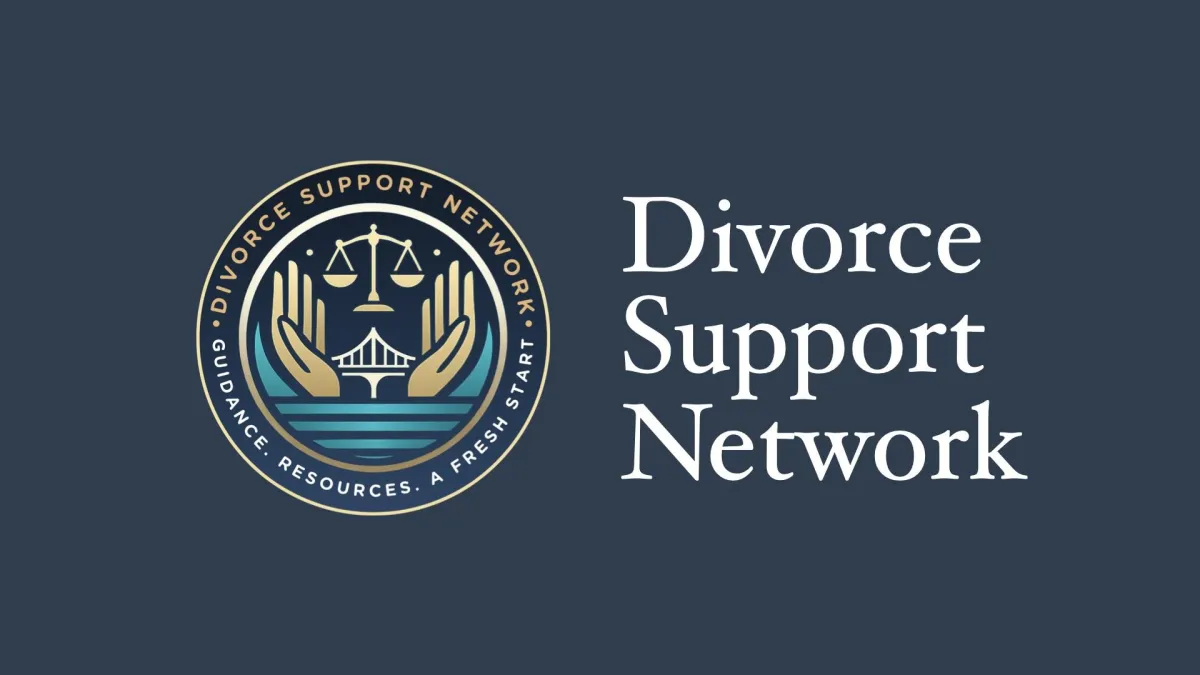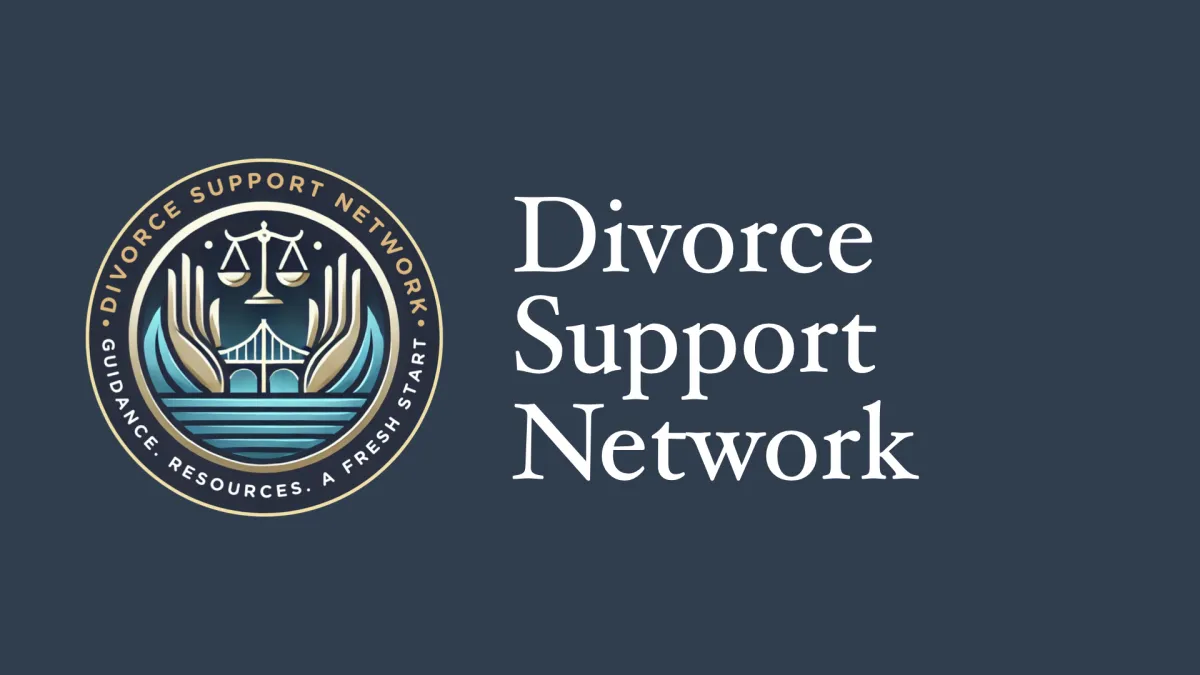
Divorcing a Narcissist: What You Should Know
If you’re divorcing someone with narcissistic traits, you already know this isn’t going to be a typical separation.
You may have spent years second-guessing yourself. Walking on eggshells. Being blamed for things that weren’t your fault. You may have experienced gaslighting, manipulation, emotional control — all wrapped in a package that looked charming to everyone else.
Leaving is a huge first step. But the challenges don’t always end there.
Narcissistic personalities don’t take rejection well. Divorce can feel like an attack on their ego. That’s why what comes next can be so exhausting: endless emails, legal games, refusal to compromise, personal attacks disguised as “concern,” and an obsession with control, even after you’ve left.
If this is what you're facing, the most important thing to know is this: you are not imagining it. And you are not overreacting.
Divorcing a narcissist isn’t just about paperwork and lawyers — it’s about protecting your peace, your energy, and often, your children.
So how do you do that?
First, understand their playbook. Narcissistic behavior in divorce often includes:
Dragging out the legal process to increase costs and wear you down
Using the kids as leverage
Smearing your name to family, friends, or the court
Twisting facts to play the victim
Love-bombing or guilt-tripping to pull you back in
The goal isn’t always winning. Sometimes it’s just making sure you lose.
That’s why your strategy has to be different. It’s not about convincing them to be reasonable. It’s about creating airtight boundaries and sticking to them — even when they push back hard.
Communicate in writing. Keep everything documented. Don’t get pulled into emotional back-and-forths — they thrive on reactions. Stay calm, stay brief, and don’t explain more than you need to. This isn’t cold. It’s smart. It’s survival.
You also need a legal team that understands how these dynamics work. Not every lawyer knows how to navigate high-conflict personalities. At Divorce Support Network, we connect you with professionals who’ve seen this before — and know how to protect your rights without escalating the drama.
We also connect you with therapists who understand the long-term effects of narcissistic abuse. Because this process isn’t just legal. It’s emotional. It’s about reclaiming your sense of self. Your voice. Your safety.
This is not your fault. You didn’t fail. You’re not weak for struggling. And you’re not dramatic for calling this what it is.
You are breaking free from a cycle that tried to convince you it wasn’t a cycle. You are choosing peace over chaos. Truth over manipulation. You.
And that’s one of the bravest things you’ll ever do.


